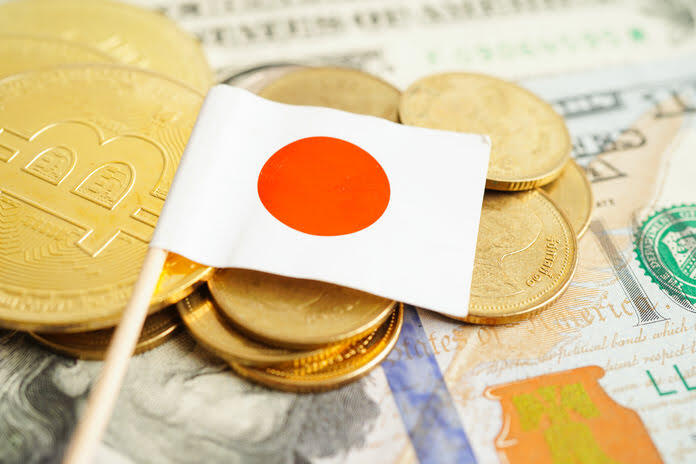In its recent decision, the Bank of Japan (BOJ) voted unanimously to maintain its policy rate at -0.1% and retain its 10-year Japanese Government Bond (JGB) yield target at around 0%. This move comes without clear guidance on whether the BOJ might abandon negative rates in the coming year. BOJ Governor Ueda’s post-meeting comments also lacked a clear timeline for the normalization of the central bank’s monetary policy.
Governor Ueda kept markets uncertain about the potential timeline for BOJ policy normalization. During the press conference, Ueda did not rule out policy normalization in upcoming BOJ meetings but emphasized the need for more evidence that the BOJ will achieve its price stability target before making decisions. Although Ueda did not explicitly rule out action in the next month’s BOJ meeting, he indicated a low likelihood of a sudden announcement of rate hikes in advance.
While other global central banks are considering winding down their rate-hike cycles, the BOJ has yet to initiate tightening monetary policy. Despite the lack of clear guidance in the recent meeting, speculation continues to grow about a potential rate hike in 2024. Inflation in Japan surpasses the BOJ’s target, and there are indications that wage hikes for the next year may exceed those of the current year, supporting the BOJ’s goal of achieving sustainable price growth.
Swaps traders have priced in an 85% chance of a BOJ rate hike by the April 26 meeting, compared to a 45% chance at the January 23 meeting or a 53% chance for a rate hike at the March 19 meeting. Governor Ueda stated that the side effects of negative rates are not decisive enough to warrant an immediate policy adjustment, and the chances are low for a rate hike announcement next month. Some economists express concern that a potential pivot by the Federal Reserve toward rate cuts next year could limit the BOJ’s window to raise interest rates, potentially triggering a stronger yen and rekindling deflationary pressure.
Governor Ueda emphasized that the BOJ would not rush its policy decisions based on the actions of the Federal Reserve in the next three or six months. However, there is awareness that if the Fed cuts rates after the BOJ’s April meeting, foreign exchange rates could be impacted, prompting the yen to strengthen—an outcome the BOJ aims to avoid.
Featured Image: Freepik @ sweet_tomato















